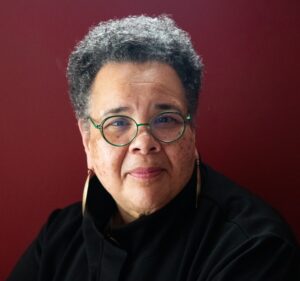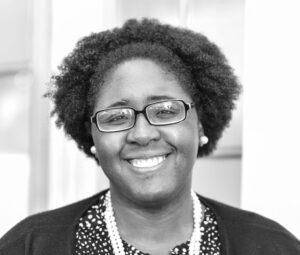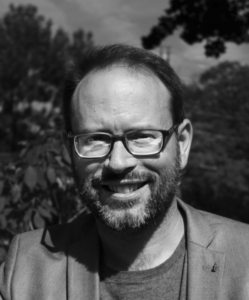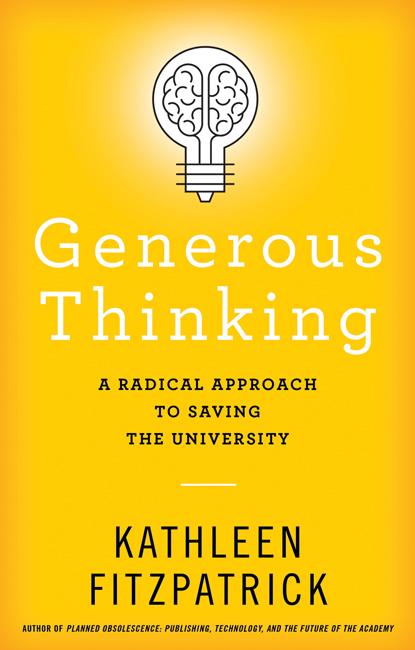community
Select an item by clicking its checkbox
To listen to this blog, click here. Those of us serving on faculties cannot escape the deep influence of the culture of the school upon our scholarship. Where you teach has as much to do with your scholarly formation as what you teach. The location of the doing of your ...
What is happening in the world is happening to each of us. On May 3, 2023, Dr. Vivek Murthy, United States Surgeon General, released an advisory calling attention to the public health crisis of loneliness, isolation, and lack of connection between people in our country. Disconnection fundamentally affects mental, physical, emotional, spiritual, ...
PAYING ATTENTION I try to work it in casually, inconspicuously, but of course it is glaring. Students notice it immediately – the emphasis on a student’s progress instead of grades, the focus on their and my mental wellness as the primary means to be sharpest in learning, the inverting of ...
https://www.wabashcenter.wabash.edu/wp-content/uploads/2021/04/Perichoresis.mp3 John of Damascus, one of the most important theologians of Eastern Orthodox Christianity, writes the following about the relationship between the three Persons of the Trinity: [They] dwell and are established firmly in one another. For they are inseparable and cannot ...
Date Reviewed: June 22, 2021
In Generous Thinking, Fitzpatrick roots this crisis in the work of ...
In Generous Thinking, Fitzpatrick roots this crisis in the work of scholars. Critical thinking—the heart of what academics do—can today often negate, refuse, and reject new ideas. In an age characterized by rampant anti-intellectualism, Fitzpatrick charges the academy with thinking constructively rather than competitively, building new ideas rather than tearing old ones down. She urges us to rethink how we teach the humanities and to refocus our attention on the very human ends—the desire for community and connection—that the humanities can best serve. One key aspect of that transformation involves fostering an atmosphere of what Fitzpatrick dubs "generous thinking," a mode of engagement that emphasizes listening over speaking, community over individualism, and collaboration over competition.
Fitzpatrick proposes ways that anyone who cares about the future of higher education can work to build better relationships between our colleges and universities and the public, thereby transforming the way our society functions. She encourages interested stakeholders to listen to and engage openly with one another\'s concerns by reading and exploring ideas together; by creating collective projects focused around common interests; and by ensuring that our institutions of higher education are structured to support and promote work toward the public good. Meditating on how and why we teach the humanities, Generous Thinking is an audacious book that privileges the ability to empathize and build rather than simply tear apart. (From the Publisher)



